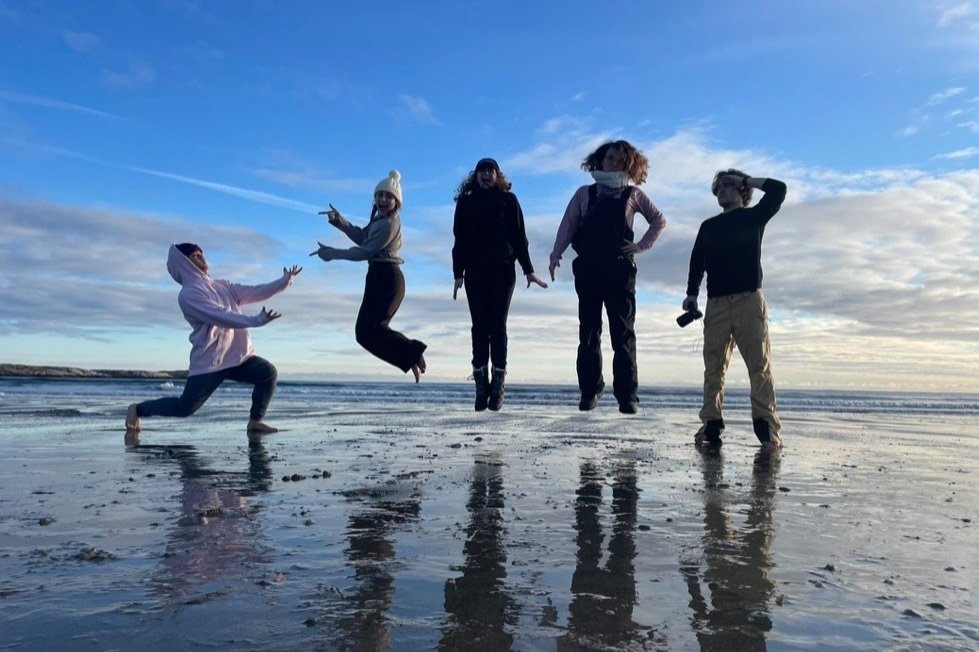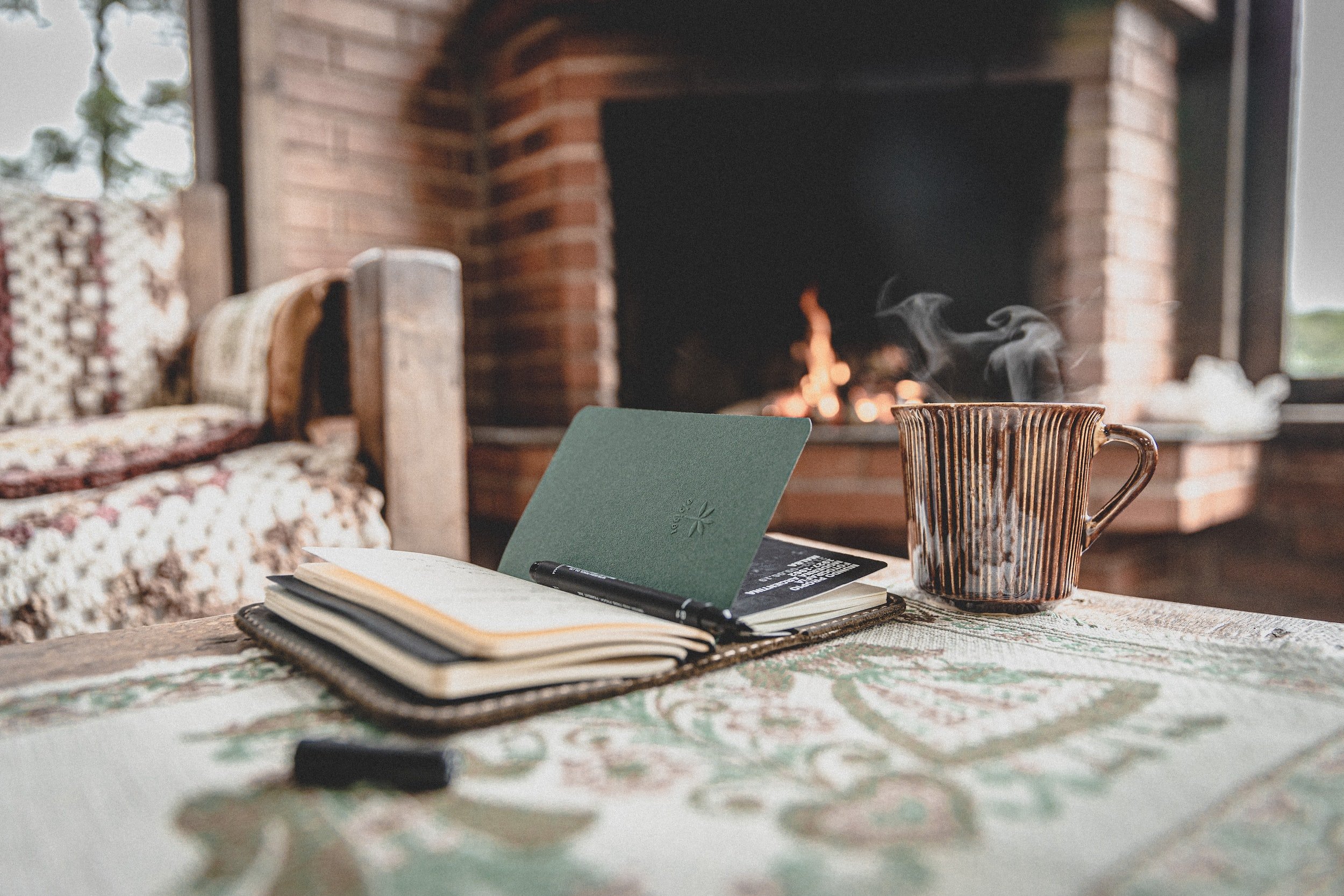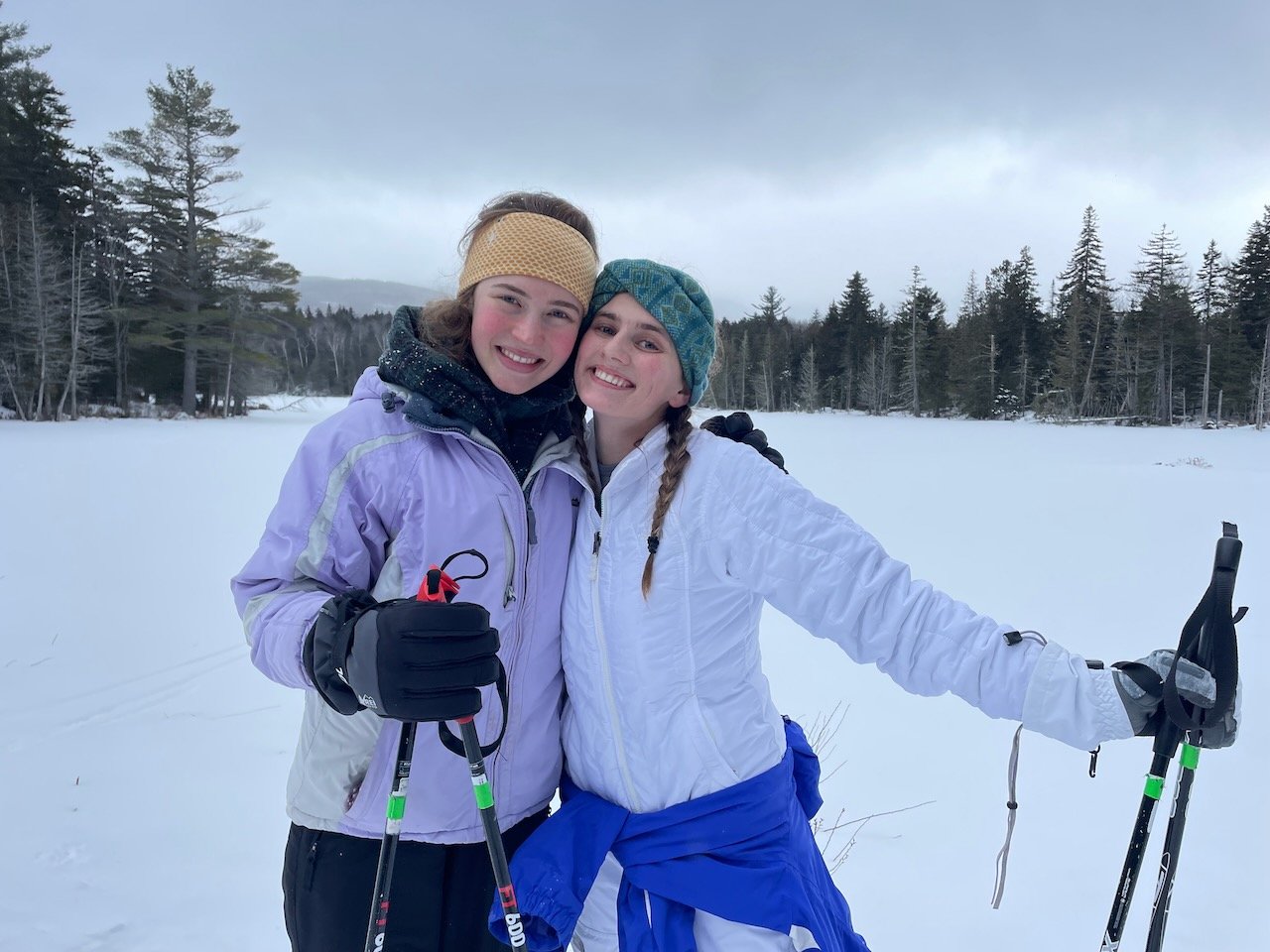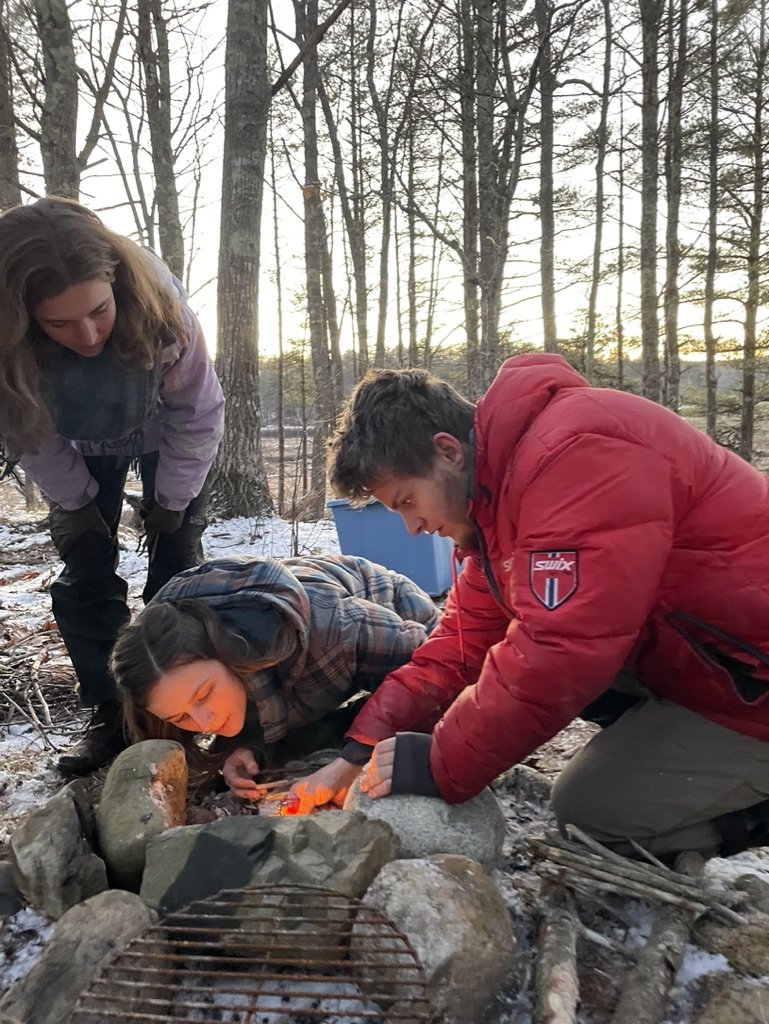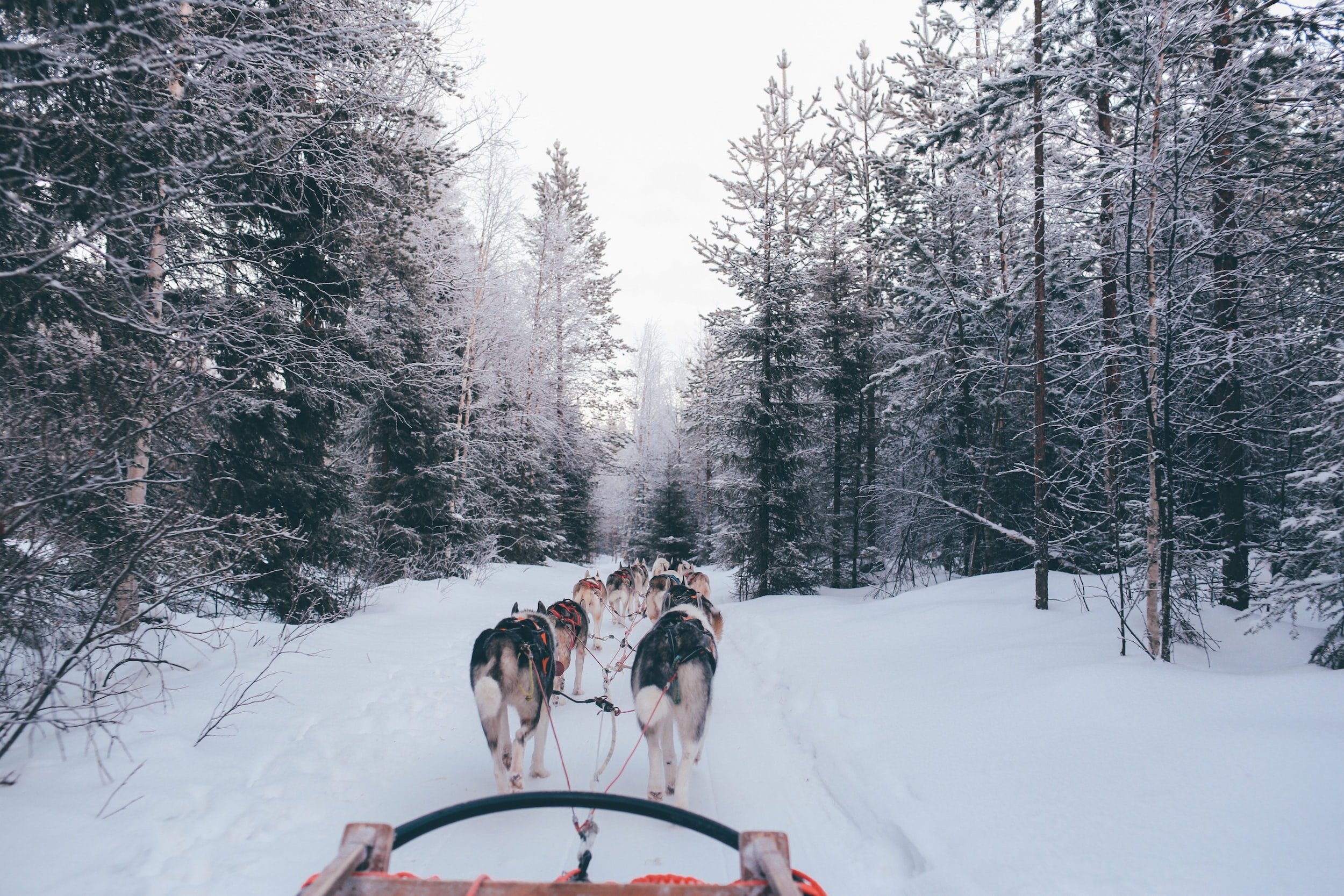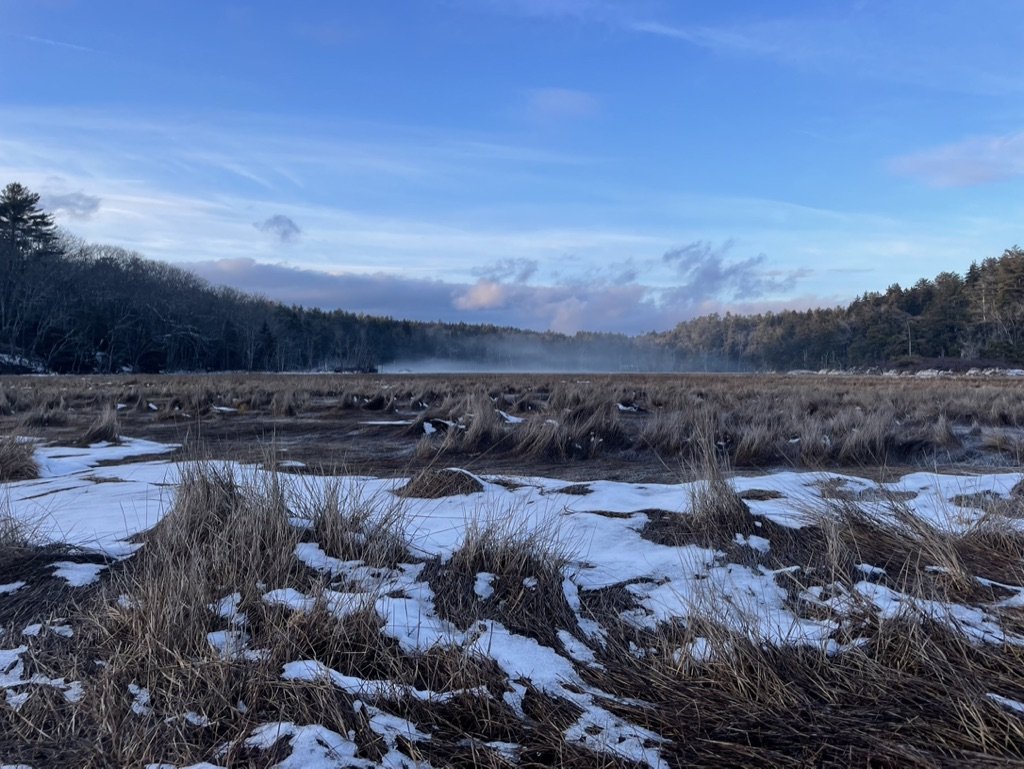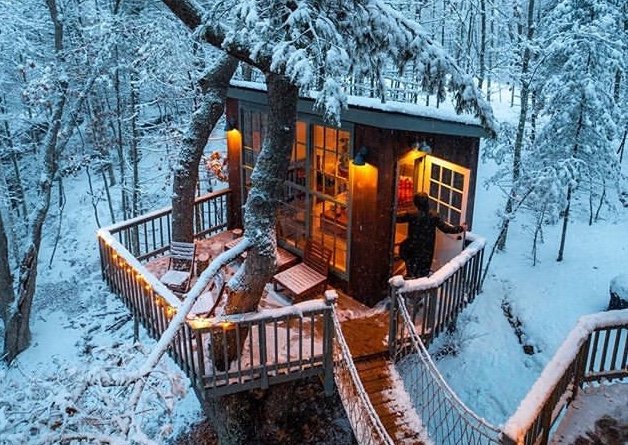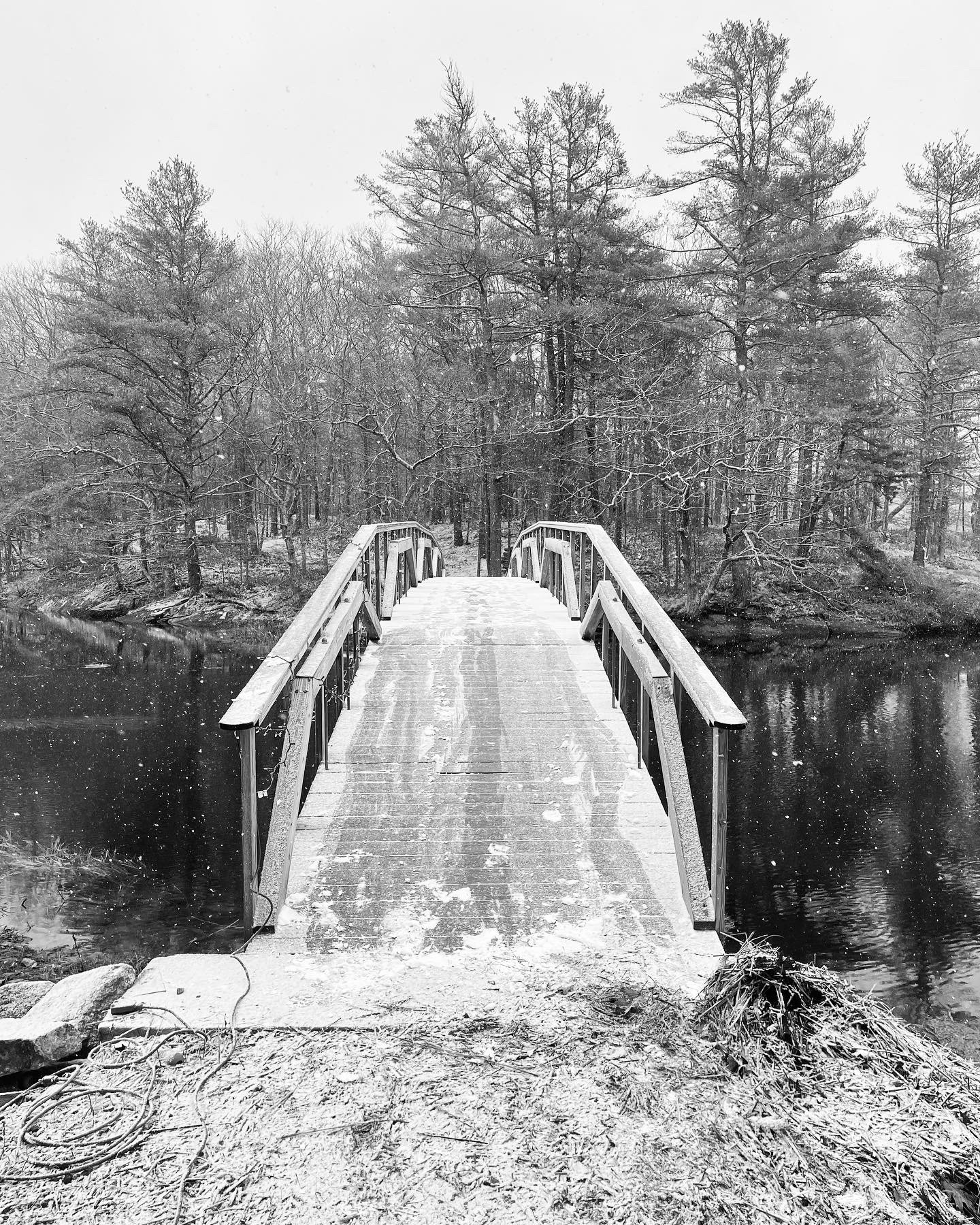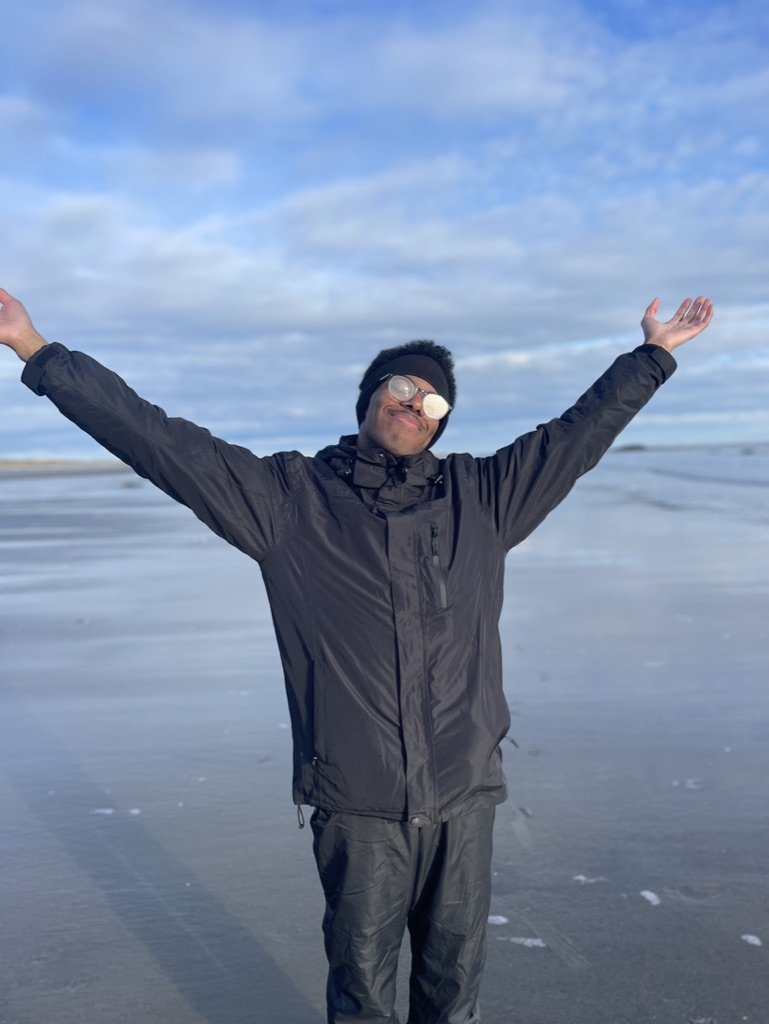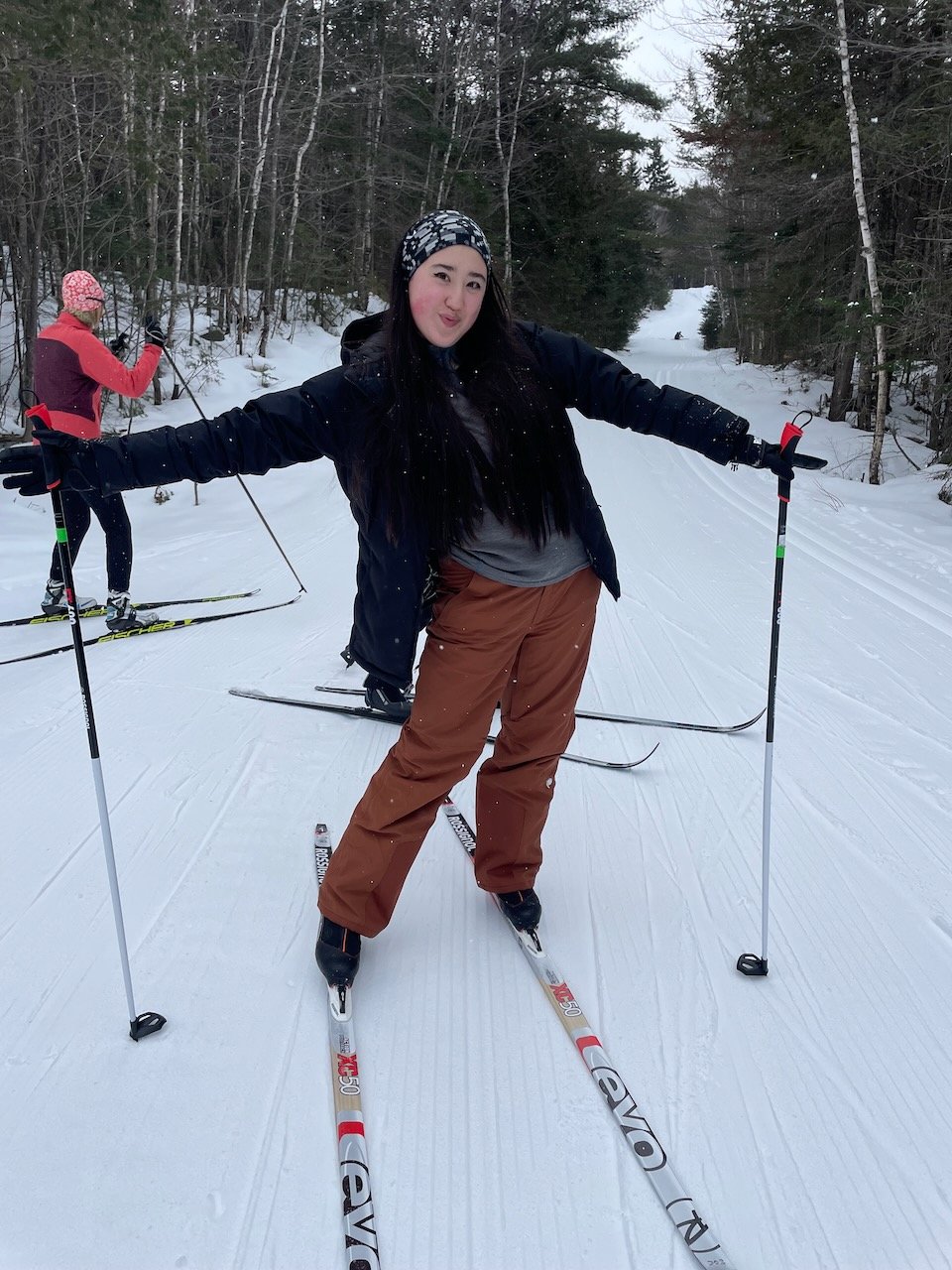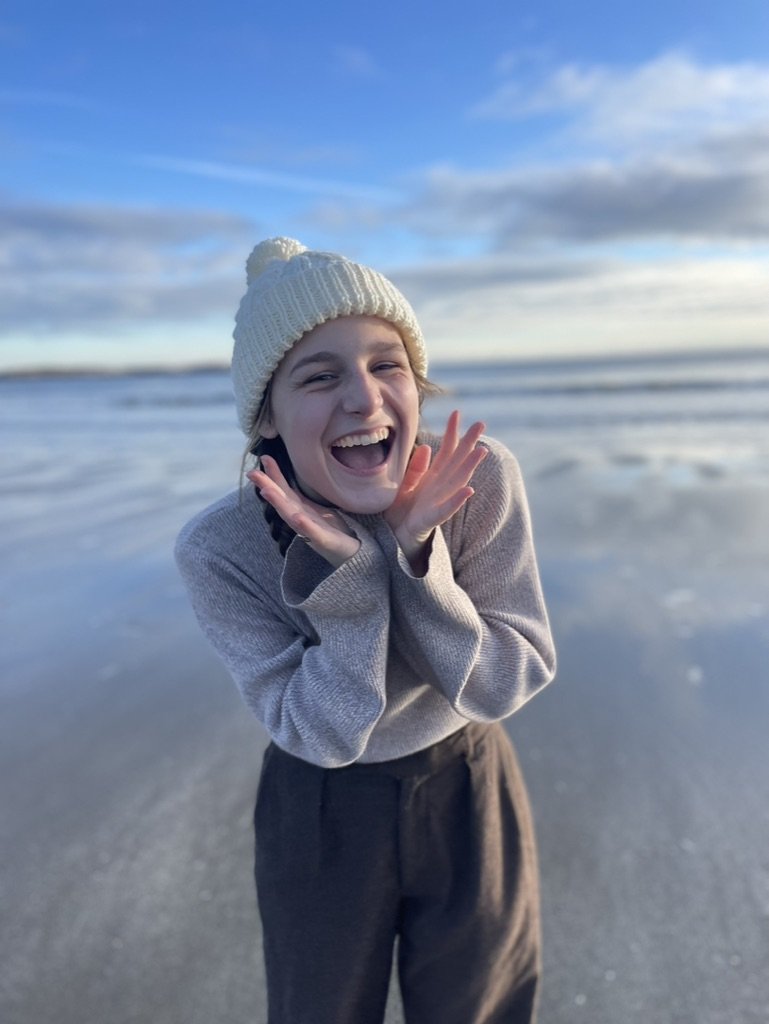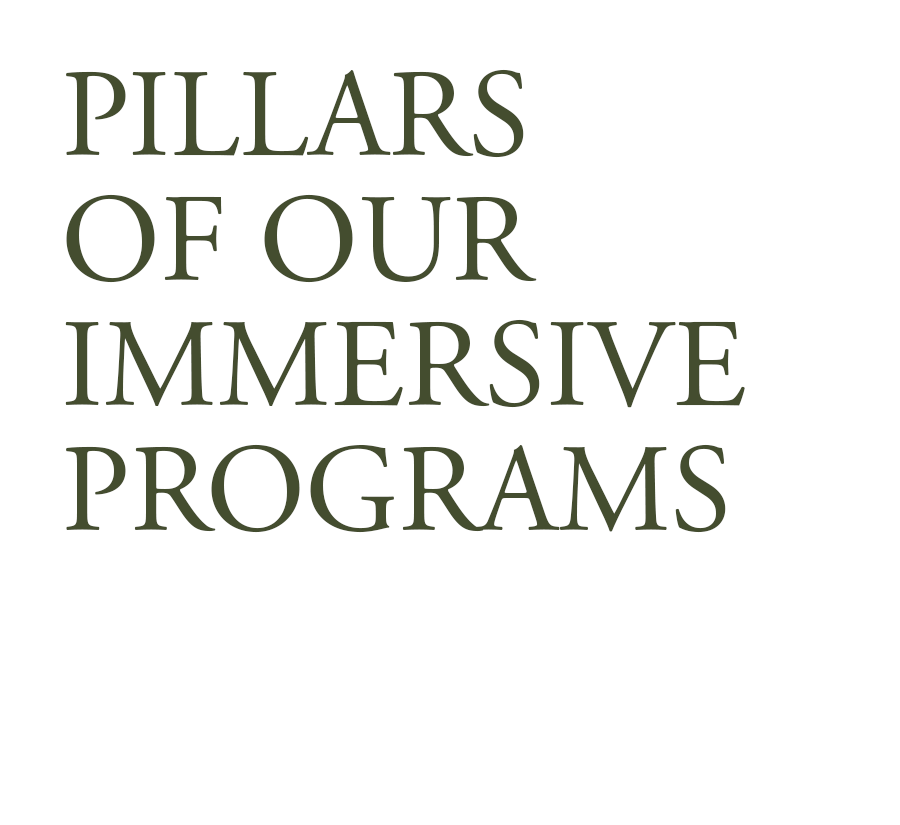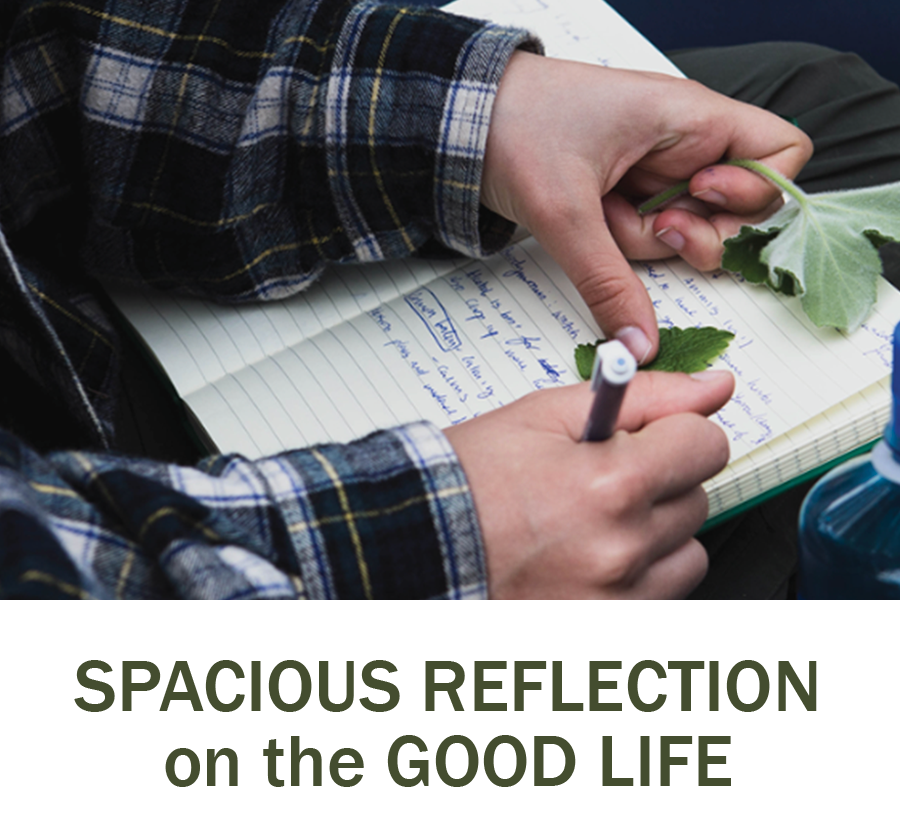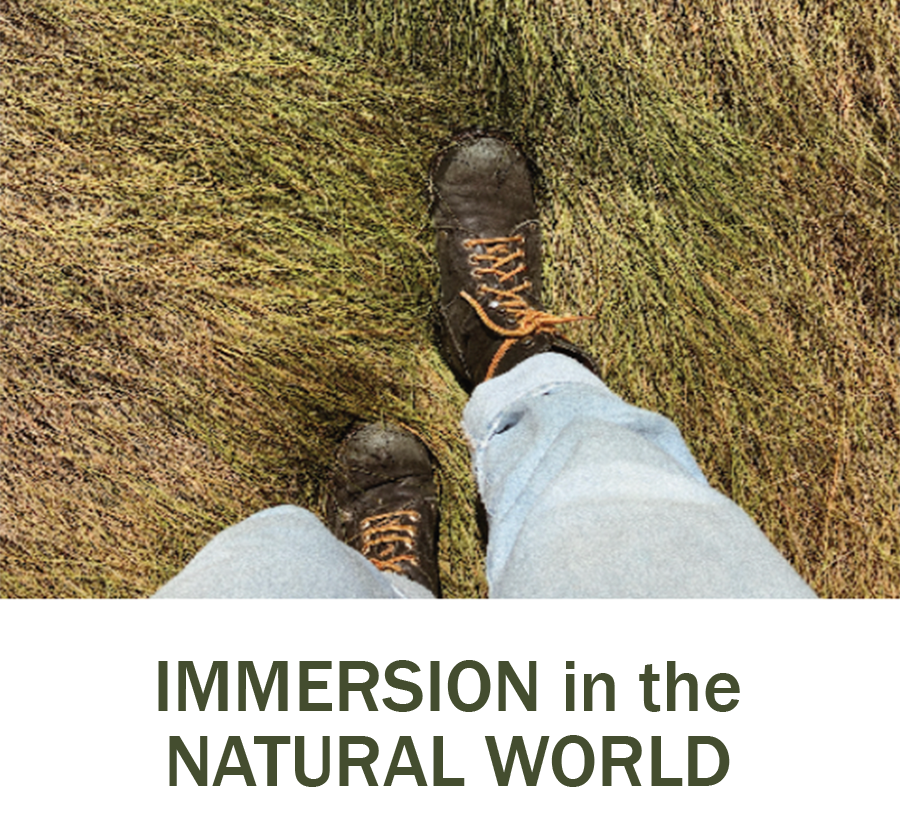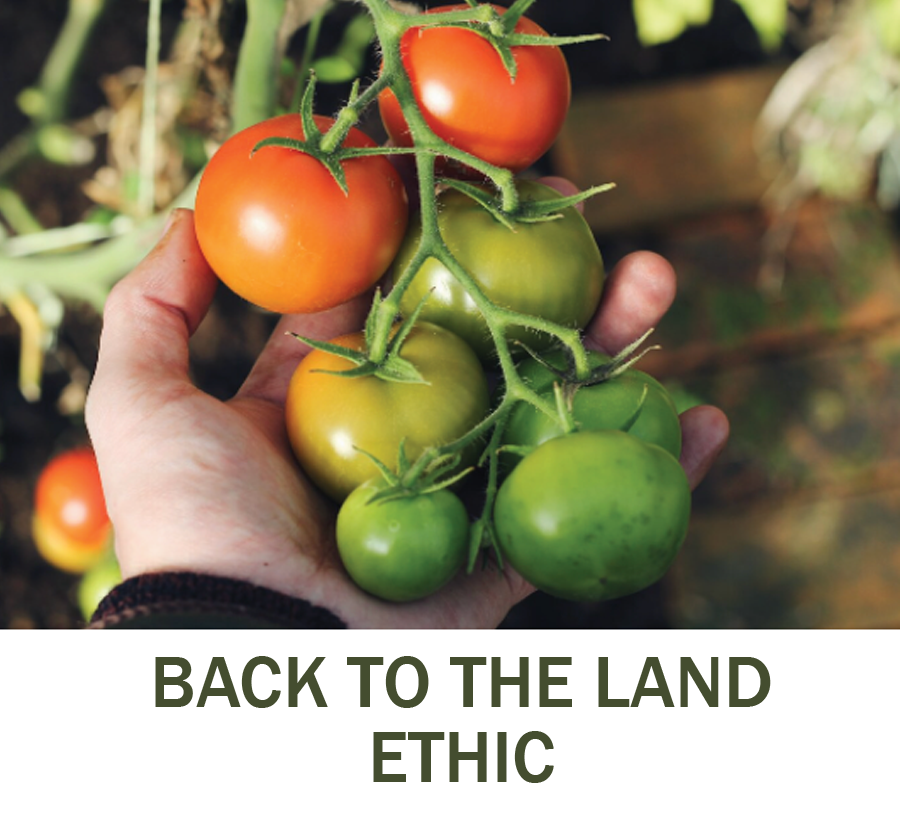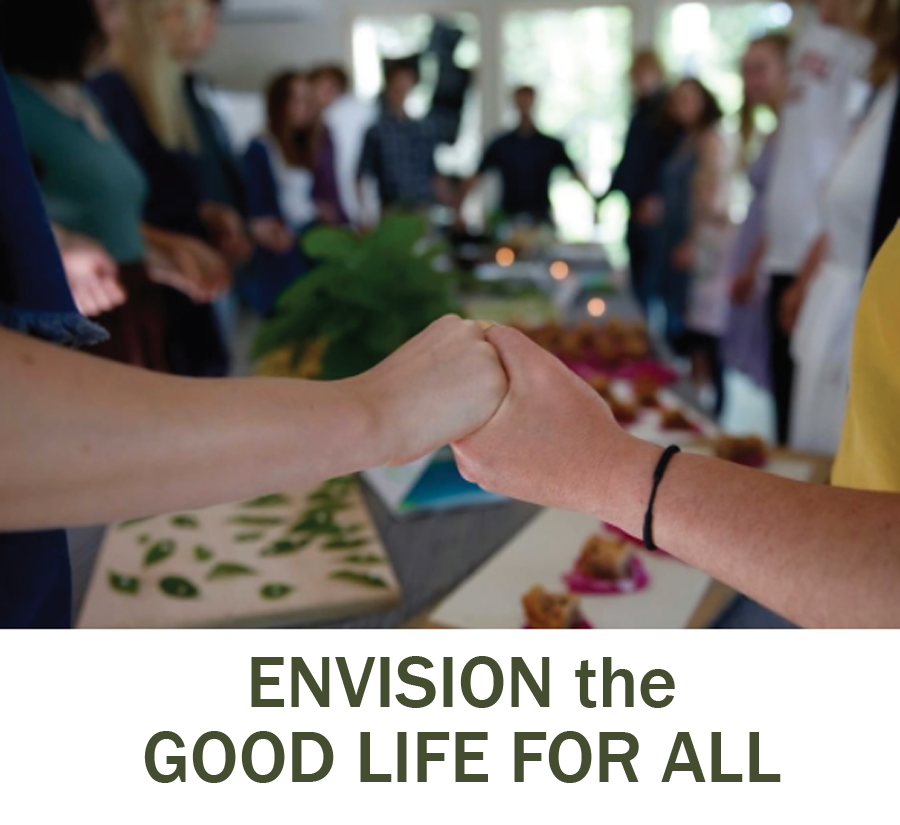WINTERING: A GOOD LIFE WRITERS RETREAT
for Gap Year & College Students
On-site in Maine: January 3-24, 2027
1 College Course in English | 4 Credits | Transferable
NOTE: Wintering will not be offered as a stand-alone program in 2026. But elements of the Wintering program will be offered as part of The Good Life Gap Semester in Spring 2026.
Within every season there is an invitation and an insight. Winter invites us to sync up with its rhythms, to slow down, conserve our energies, take stock, get perspective, prepare for the long haul, and secure a warm place around the fire with fellow travellers; warm beverages all around. Winter also invites us to step away from the fire, to walk out into the silent snow-covered landscape, to find new forms of adventure and joy; hidden reserves of warmth and resilience within. It was in the middle of winter that Albert Camus “at last discovered” that there was within him “an invincible summer.” Wintering at Seguinland Institute is an invitation to embody this season of fire and ice on the coast of Maine, to discover your own invincible summer, and to allow your creative work to emerge from the reflective rhythms of this time and place.
Wintering is led by Prof. Jenny O’Connell, MFA. Jenny is an award-winning writer and wilderness guide. Philip Francis, PhD, and other faculty will lead segments. Philip is the Founder/Director of Seguinland Institute and a longtime professor of Philosophy & Religion.
THE COURSE YOU WILL TAKE
Overview: In this three-week course we will explore the rich creative landscape at the confluence of writing and the outdoors. We’ll combine reflective study of craft with generative writing exercises and winter experiences. You do not need to identify as a writer to be successful in this course; you need only to come with an open mind and a set of questions that you’re hungry to explore through the prism of creative writing.
-
Prof. Jenny O’Connell, MFA & Prof. Philip Francis, PhD.
In this three-week course we will explore the rich creative landscape at the confluence of writing and the outdoors. We’ll combine reflective study of craft with generative writing exercises, philosophy of wintering and adventure in snow and ice. Our stories live in our bodies, and thus the time we spend outside learning new skills, expanding our winter comfort zones, and cultivating our awareness of the natural world will enhance our narratives and help to bring our writing to life. In this course, all genres are welcome, and creative experimentation is encouraged. You do not need to identify as a writer to be successful in this course; you need only to come with an open mind and a set of questions that you’re hungry to explore through the filter of creative writing.
Most writing sessions will include creative warm-ups, discussion of craft through the lens of a mentor text (or song), extended writing time to deepen into creative flow, and an opportunity to share excerpts of your work with peers. We’ll devote time to reading and performing our work aloud, with the goal of developing the confidence to speak our words into the world with power.
Through creative prompts, inspired readings, and class discussions we will examine craft tools such as voice, setting, characterization, sensory description, narrative arc, and revision. By the end of the second week, you’ll choose one piece to workshop in a group setting. You’ll then revise with peer and faculty feedback and present at our own little winter festival during week three of the program. You will leave the course with a new body of work inspired by themes of wintering, a greater command of craft, one or more polished pieces, and the inspiration to continue to nurture your writing practice in all seasons.
This program is absolutely amazing….This was my second time at Seguinland, but it was still the experience of a lifetime.
-Elie, Alum Fall ‘22 & Wintering ‘23
WHAT YOUR EXPERIENCE WILL LOOK LIKE
-
Get cozy around the fire in Seguinland’s post-and-beam lodge.
Drink warm libations & sip piping hot soup.
Participate in daily faculty-led creative writing workshops.
Mull inspired daily readings on winter, creativity & the good life.
Enjoy reflective conversations with like-minded gap year winter-ers.
Write from the hearth of your soul.
-
Connect to nature as a source of grounding, insight and contemplation (ALL experperiences doable by novices!)
Learn skills from expert guides for thriving outdoors in winter.
Dog sled, snow shoe and cross country ski through Maine forests.
Build a quinzhee, make snow angels, ice skate & ice fish for lunch.
Re-wild yourself a bit, find new reserves of strength; write about it.
Have the greatest toboggan run of your life.
-
Co-create an inclusive, growth-oriented community of writers & creatives.
Explore, discover & expand your capacity for creative expression.
Learn new creative writing techniques and hone your craft.
Take the pressure off and just write for the love of it.
Share your work in a supportive atmosphere.
Write (and live) into the questions.
-
Participate in daily mindfulness practices.
Channel your instincts for wintertime restoration.
Move from fractured attention to deeper awareness.
Explore your inner landscape.
Practice yoga in a treehouse-classroom.
Harness mindfulness to bring more creative depth to your writing.
“Living at Seguinland helped me connect with the earth, introduced me to some seriously good humans, strengthened my writing, and better equipped me with everyday skills.
We lived on the marsh and hurled our voices into its echo, greeted the days with yoga, slid down the snowy bridge at night, took walks beneath a starry sky, cared for our own house and home, spent each day writing and reading, left our doors entirely open for conversations when the going got tough, hiked, skied, sled, and simply were.”
-Isa, Alum Winter ‘23
COTTAGE LIFE
Riverside Accommodations:
During most of your time at Seguinland Institute you will stay in one of our small riverside cottages. Each cottage has a kitchen, bathroom(s), and a porch for river watching. Cottages have 1-3 bedrooms. Students stay in doubles or triples.
Our Directors of Community Life’s attention to the student experience will be a welcome support as you adjust to cottage life, connect with the Seguinland community & maintain positive cabin mate relationships.
Treehouses:
Everyone gets a turn in a lux treehouse with river views and a wood-fired cedar hot tub 18’ up in the trees.
FOOD LIFE
Our Approach
We will focus on foods and drinks that are best for wintering: warming, comforting, deeply nourishing, carry-you-through kinds of foods. Think soups, stews, roasted foods. We happily accommodate dietary restrictions and food preferences including vegetarian, vegan, GF, Kosher, etc.
Collective Cooking & Dining
We want you to come away with more cooking skills than when you arrived. Everyone participates in preparing meals, most of which are prepared collectively in the cookhouse under the guidance of Katie, our “Good Food Facilitator”, and eaten family style at a long table. Some meals are prepped for you by guest chefs.
PROGRAM FEES
Cost: $3,500 (audit) | $3900 (4 credits)
Cost includes everything: tuition & four college credits, room & board, gear & books, journals & marshmallows. Travel to/from is Maine NOT included. We can provide pick up at the airport in Portland & the train/bus station in Brunswick.
529 FUNDS:
Yes, families are usually able to use 529 funds to pay for at least a portion of our programs. Please inquire and consult with your financial advisor.
Scholarships:
Need-based & BIPOC scholarships are available. Please inquire.
Learn More About the pillars that shape our approach to immersive programming
-
SPACIOUS REFLECTION: We create an environment in which students can think deeply about questions of the good life and begin to discern their own calling: “...the place where your deep gladness and the world’s deep hunger meet,” in the words of Frederick Buechner.
NATURE IMMERSION: We encourage students to connect to nature as a source of grounding, contemplation, insight and joy. Students live on campus here in the coastal woodlands of Maine. They learn to identify trees and plants, hike the preserves, and camp on the Maine Island Trail. Students slow down, sync up with nature and come to recognize their reciprocity with the earth.
INSPIRED ACADEMICS: Our programs are saturated with ideas to live by. We create a retreat-like setting, alive with creative thinking, good books and lively discussion. Our professors guide students through reflective exercises, facilitated conversations and immersive experiences in a non-ideological, non-dogmatic way. All courses at Seguinland Institute bear college credit through our affiliation with UMaine Farmington.
MINDFULNESS: We try to create a context in which students can cultivate the inner resources necessary for personal and community-oriented thriving. This includes daily mindfulness practice: the development of skills for calming and focusing the mind, knitting together fractured attention spans, and learning to sit with mystery.
CREATIVE ARTS: Creativity is the lifeblood of human thriving–for individuals and communities. Too many believe that creativity is the domain of the select few, “the artists”. We create space for all students to explore and expand their innate capacities for creative expression.
BACK TO THE LAND: Our campus is on the site of an old family homestead. In this spirit, we grow some of our own food and try “to live sanely and simply in a troubled world,” to quote Helen & Scott Nearing. We encourage students to grapple with the interconnections between the good life and the food life, as so many pressing issues of our time are food-related: climate change, health, inequality.
THE GOOD LIFE FOR ALL: Questions of the good life for one are inseparable from questions of the good life for all. We encourage our students to recognize that their own well-being is tied up with that of everyone else’s. We seek to instill in our students the skills to build strong and inclusive communities in the 21st Century.
“I was here and you were here, and together we made a world.”

